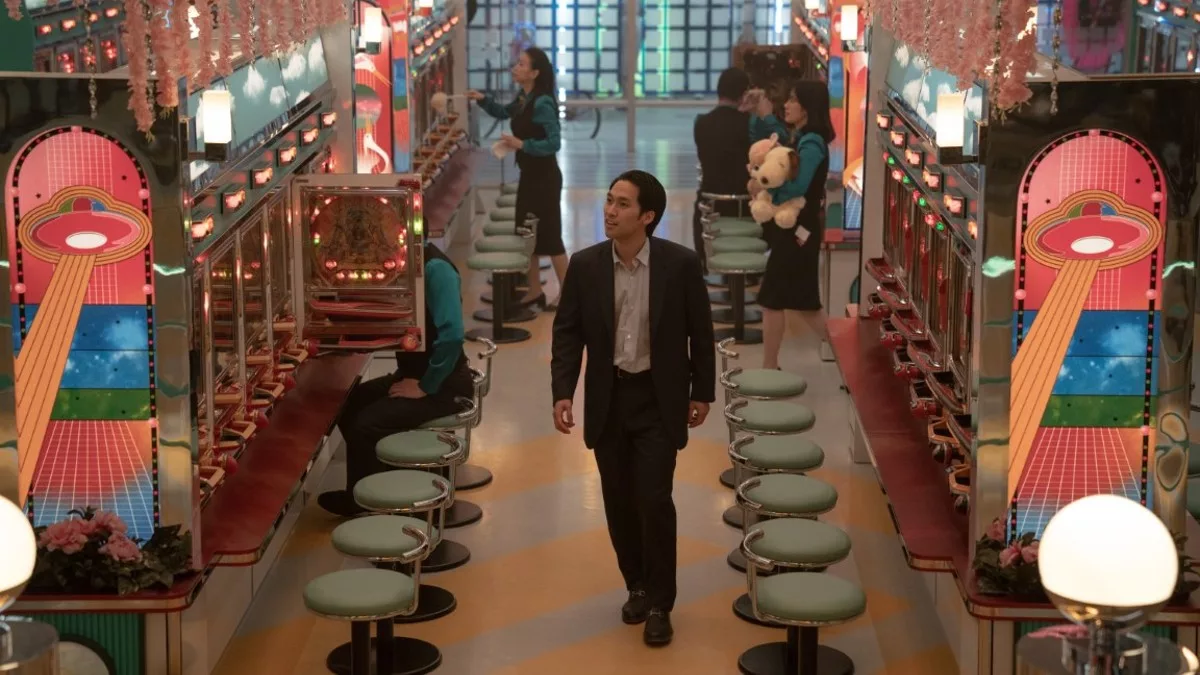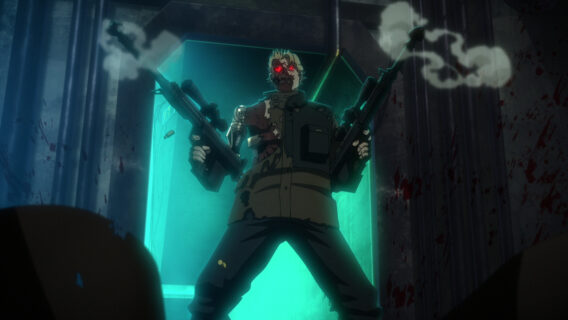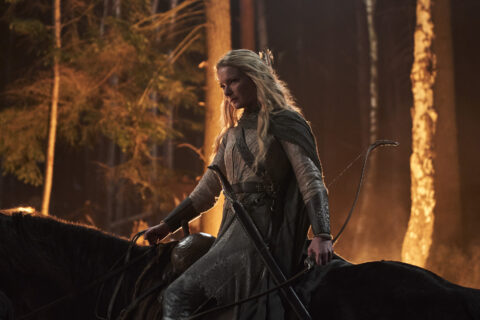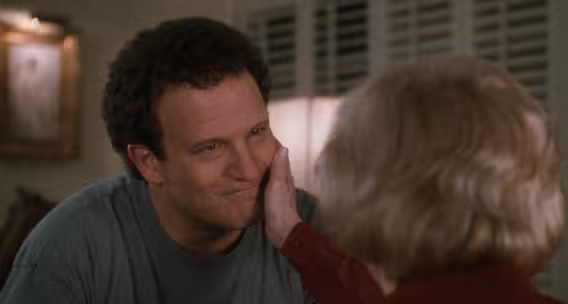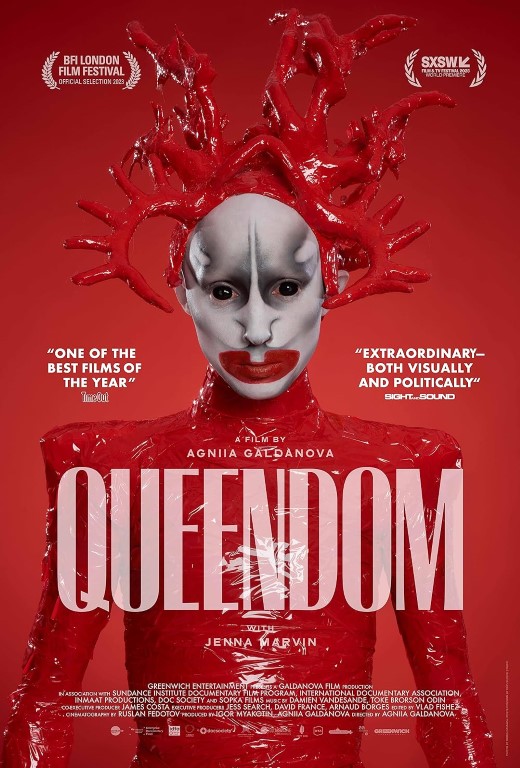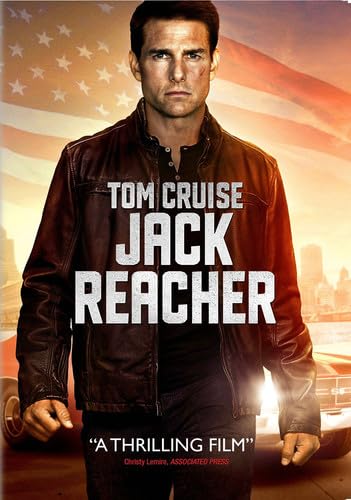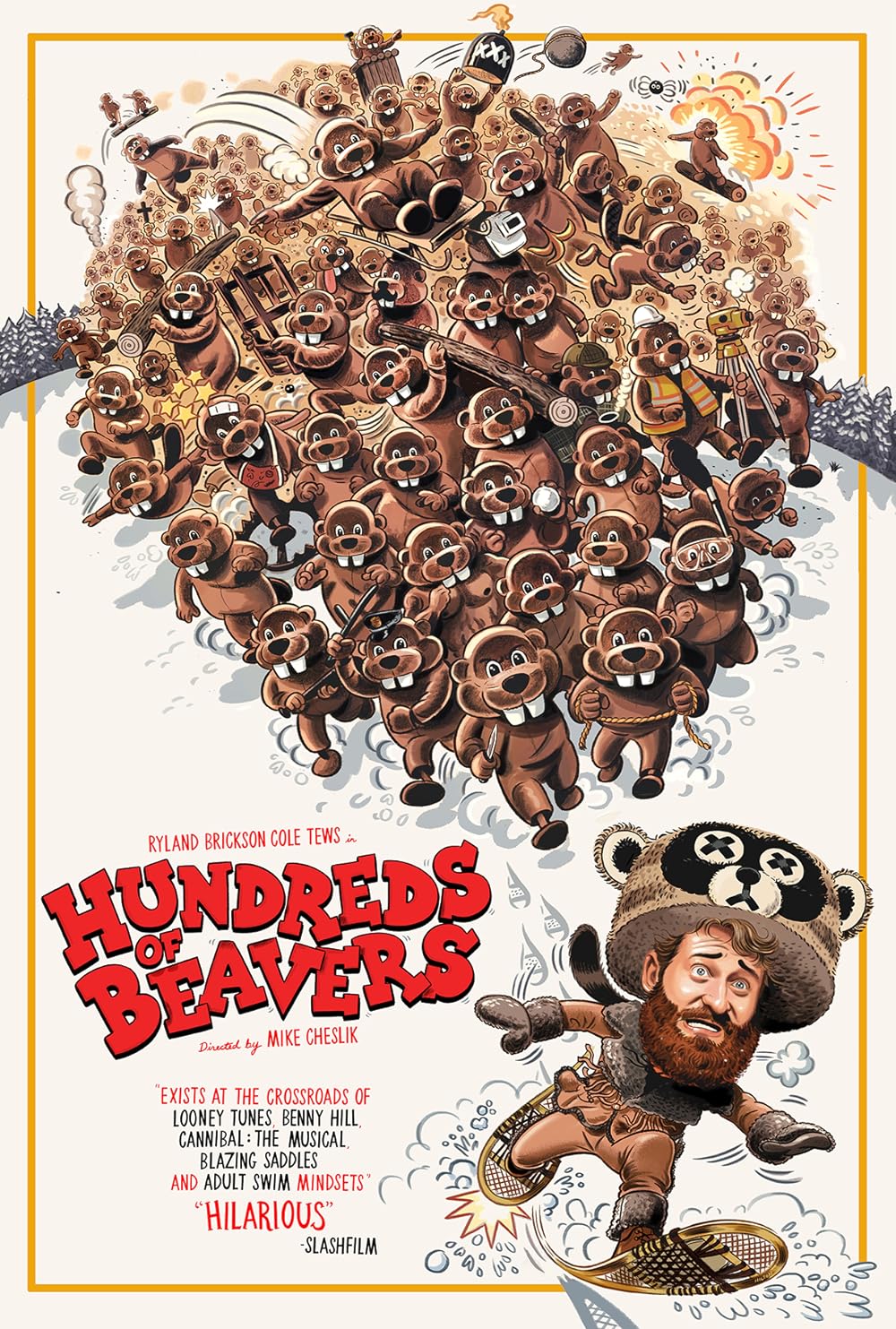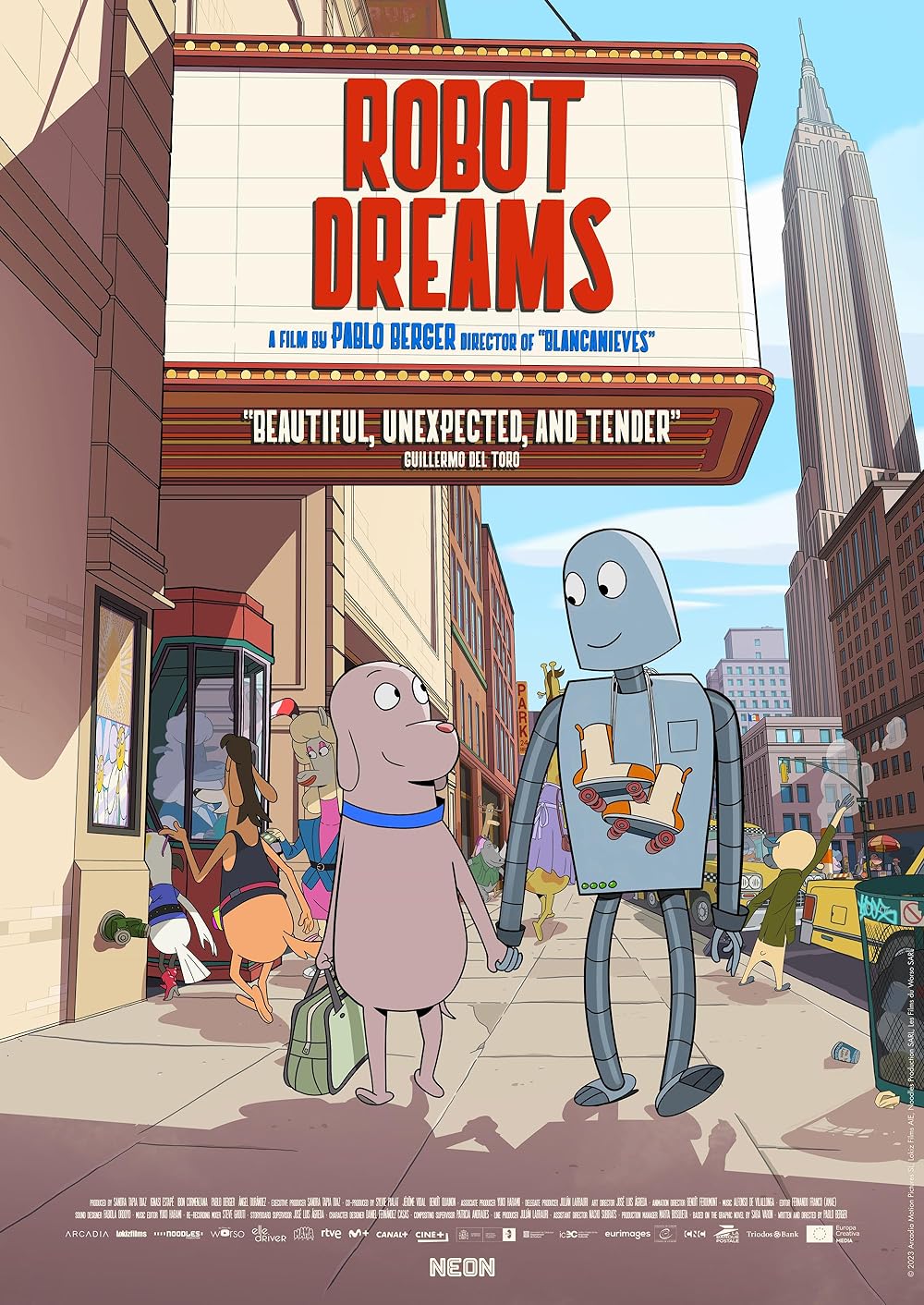One of the shining jewels of Apple TV+’s lavish yet underseen output—”Ted Lasso” and “Severance” aside—”Pachinko” stood out in 2022 as one of the most layered, complex shows on the streamer. An epic, novelistic tapestry woven through generations of a Korean family’s struggle through Japanese occupation, cultural assimilation, and all manner of personal boondoggles. While the first season adapted approximately half of Min Jin Lee’s sprawling book, the second season opens up the emotional floodgates even further, while focusing its structure and forging intriguing new dynamics for its characters caught between cultures.
The twin poles around which “Pachinko”‘s narrative revolves are Sunja (Minha Kim as a young woman in the 1940s and ’50s; Oscar winner Yuh-jung Youn as an old woman in 1989) and her American-educated grandson Solomon (Jin Ha), showrunner Soo Hugh’s complex narrative paralleling their anxieties and ambitions across decades. While the first season also focused on Sunja as a child, season 2 leaps forward to 1945, as she ekes out a life in Osaka selling kimchi with bartered materials and trying to care for her young sons, the studious but tortured Noa (Kang Hoon Jim) and the adorable, expressive Mozasu (Eunseong Kwon). But rumors spread of an impending American bombing, and Koh Hansu (Lee Min-ho), a man with a history with Sanju and sketchy business interests to protect, struggles to balance those designs with the desire to protect Sanju and her family. In the 1980s, she’s mostly a source of quiet support for an older Mozasu (Soji Arai) and Solomon but yearns to find comfort in the presence of a new friend she’s gradually courting (Jun Kunimura).

Meanwhile, in 1989, Solomon still reels from the decisions he made at the last season, in which he passed a test of moral certitude, but it resulted in professional disgrace. Now, he tries to recover from the stumble in his career and build himself back up, but the compromises come gradually and overwhelmingly as he’s drawn back into old relationships and the ever-present tug of war between his Korean and Japanese identities.
His struggle this season is similar enough to season one that his stretches become a bit less interesting—will he learn to prioritize family over business—but they track quite elegantly with Sunja’s struggle for a better life in Japan-dominated Korea. Through these parallels, you see the lineage of struggle, and the back and forth between the obligation we feel towards those who came before and our need to forge our own paths.
Hugh draws these lines so considerately, the timelines becoming more intricately woven together as the season progresses and they grow closer in chronology. The comforts of the present contrast with the agonies of the past, linked through smart editing and Nico Muhly’s plaintive, heartstring-tugging score. The performances remain uniformly excellent, especially Ha and Youn as Sunja at two distinct, but no less profound, eras in her life. (It’s not all bombed-out cities and star-crossed love, however; the show’s exuberant title sequence, always a show highlight, gets an upgrade here, with the cast dancing in Mozasu’s pachinko parlor to The Grass Roots’ “Wait a Million Years.”)
As one character notes late in the season, trying to win at pachinko is a fool’s errand—it’s folly to think that applying the right amount of pressure or timing your flicks will make you win the game. As with life, pachinko is a game of chance; any sense of control is an illusion. That’s a perfect parallel for the show’s tragic sweep, a cast of characters tossed to and fro by the winds of war, heartbreak, ambition, and loss. “Pachinko” is the kind of show that, like a good batch of kimchi, gets better and more flavorful as it ferments. I can only imagine future seasons will expand the show’s palate and bring out an even richer experience.
Entire season screened for review. Pachinko airs Fridays on Apple TV+.

